The International Olympic Committee (IOC) launched a (another) one-year-countdown campaign called ‘Stronger Together’ on the day the Games were original due to launch before the pandemic-driven postponement which focused on uniting the global sports community through messages of solidarity.
This unifying message seeks to address the contemporary climate of a world is divided both politically and physically (with global travel near to a standstill during the pandemic).
The new campaign was introduced through a flagship global ‘One Year To Go – Stronger Together’ video running across its Olympic platforms.
United by our differences, we have the strength to achieve the incredible.#StrongerTogether #1YearToGo until @Tokyo2020.
— Olympics (@Olympics) July 23, 2020
The spearhead ‘Stronger Together’ spot was created in-house and aims to remind people of the IOC’s overall values and its mission to make life a little bit better through the promotion of sport’.
The spot introduces a new digitally-led engagement platform which shares little in common with its previous 2019 one-year-to-go iteration and it will bring to life a series of initiatives in the months leading up to Tokyo 2021 and then move on towards the 2022 winter games in Beijing.
The strategy is to engage the Olympics audience via personalisation and localisation both during the games and the months and years in between events through a ‘people-centric’ approach with athletes taking centre stage.
One example of this fresh approach is a renewed emphasis on fitness and togetherness and its approach is designed to be more people-centric and more digitally-led than before.
Olympians will continue to helping the locked-down public get fit with at-home workouts following on from the initial ‘Giant Workout With Olympic Athletes’ from all over the world which ran on 23 June to mark Olympic Day 2020.
The opening wave of #StrongerTogether work also saw Twitter drive personalised Olympic Flame emojis and promote torch lighting ceremonies and as the campaign evolves Instagram and TikTok will also be sued to engage younger audiences.
While we wait for all the amazing @Tokyo2020 action, you can get an iconic Olympic memory by tweeting @olympics and #StrongerTogether +
— Olympics (@Olympics) July 24, 2020
Indeed, through the next 12 months the campaign will seek to drive excitement and will include content offering insights into the lives of the athletes using social platforms such as Instagram Live to connect people to their sporting heroes.
This will be part of a personalised approach to serve new and archive content to meet individual Olympic fan appetite and need in terms of format, length, channel, local and personal preferences.
“We have to be able to not only talk the talk but to walk the walk when it comes to going direct to people,” said the IOC’s newly appointed director of digital engagement Christopher Carroll. “It wasn’t a fresh slate, we had to make the necessary modifications to the campaign, like being digitally-led and integrating all members of the Olympic movement,” added Carroll referencing the IOC’s Olympic brand partners.
Despite the enhanced focus on new platforms Carroll adds that there’s a new significance laid upon television.
“Let’s be clear, the role of television is actually more important. And linear is more important than ever,” he explained emphasizing how linear television viewing has risen significantly during lockdown as families have once again gathered around the biggest screen in the house.
“It’s all just media,” Carroll commented, rubbishing the once huge gap between traditional and new media and argues that it is the strategy and approach not the platform which is key. “We need to think globally but act locally, serving a personal and localized experience. If you’re a hockey fan from Glasgow and you exchange your preferences with us, we’ll be able to cater your content preferences through our own Olympic channel as well as through our digital partnerships.”
Other Olympic One Year To Go activity included Tokyo 202’s three minute film plus a social content and lightening up the iconic Tokyo SkyTree.
While many national organisation committees and governing bodies also marked the event with their own campaigns such as Team GB’s ‘Dear Tokyo’ (see case study)
Comment:
Tokyo 2020, which will be held from 23 July to 8 August 2021 (followed by the Paralympic Games between 24 August and 5 September), will always have a history book asterisk as the first postponed Olympic Games and this pandemic-enforced delay means it is also the longest-marketed Games.
This presents challenges, disadvantages, possibilities and opportunities – including second-go-around campaigns from rights-owners and sponsors.
It also means a further acceleration and emphasis of digital as the make-or-break Tokyo2020/21 platform as Covid-19 has accelerated the digital trend – after all, the current pivot to virtual will continue through to next summer whether or not spectators return to sports stadiums before the Games begin.
A unity, solidarity message is a key part of the strategy as not only is the world currently more physically distanced due to the pandemic (and politics), but there is also a lack of unity within the host nation as safety coronavirus health and safety concerns are high in Japan and a recent poll by Kyodo News less than 25% of Japanese people are in favor of holding the rescheduled Olympics (a sharp fall from the country’s previous pre-pandemic solid Games support).
Another negative stumble saw the IOC forced to apologise and delete a #StrongerTogether tweeted video after understandable criticism for showing footage from the Berlin 1936 Olympics in Nazi Germany in a 30-second clip posted by the official Olympics account – part of a video series of tweets showing videos from previous editions of the Games.
The Berlin 1936 clip featured as part of a tweet reading: “This is turning out to be quite a #ThrowbackThursday already! Berlin 1936 marked the first Olympic Torch Relay to bring the flame to the cauldron. We can’t wait for the next one in Japan. #StrongerTogether”.
A serious misstep for a series of short films which was intended to highlight the potential unifying power of the multi-sport event which faced criticism from multiple organisations including the Auschwitz Memorial.
On the positive side some of the Games’ key partners remain bullish.
During the week that marked one year to go, P&G extended its IOC deal for the next four Olympic and Paralympic Games through 2028 ( when the games will be held in Los Angeles), while relatively recent partner Airbnb marked the countdown with a major marketing investment in the form of a virtual five-day Olympic festival (see case study).
We also can’t resist mentioning some of the previous sports #StrongerTogether marketing initiatives such as Super Sports and the Springboks ‘Stronger Together’ campaign for the 2019 Rugby World Cup (see case study) and even Wales’ 2016 reverse ‘TogetherStronger’ FIFA World Cup qualifiers campaign (see case study).
Links:
IOC/Olympic Games
https://www.olympicchannel.com/
https://www.youtube.com/c/Olympics
https://twitter.com/olympicchannel
https://www.instagram.com/olympicchannel/
https://www.tiktok.com/@olympicchannel
https://www.facebook.com/OlympicChannel/
Tokyo2020
https://www.facebook.com/tokyo2020/
https://www.instagram.com/tokyo2020/
https://www.youtube.com/tokyo2020

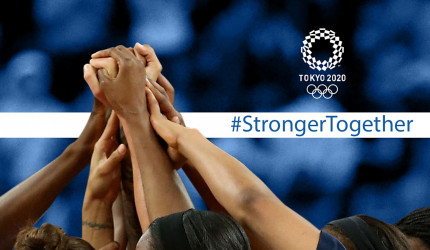




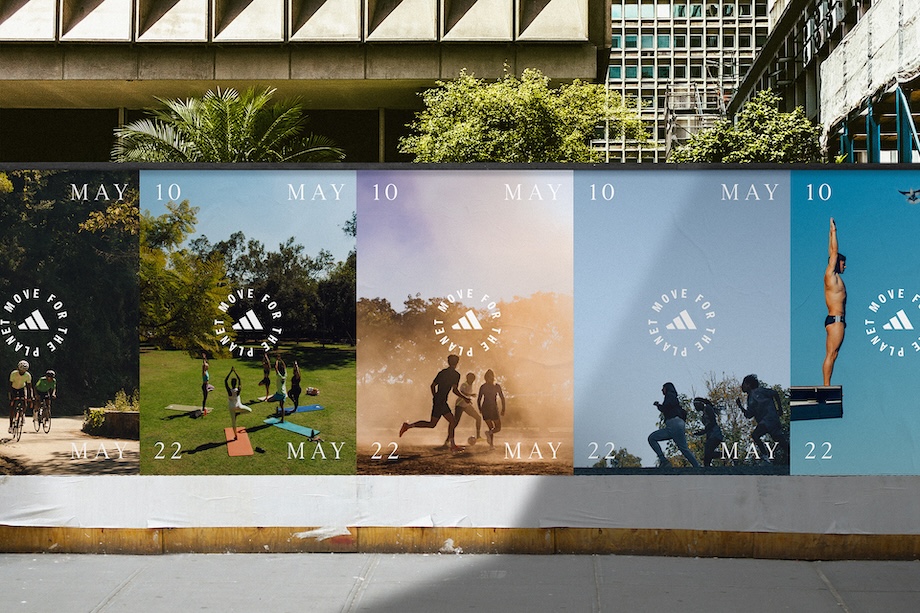
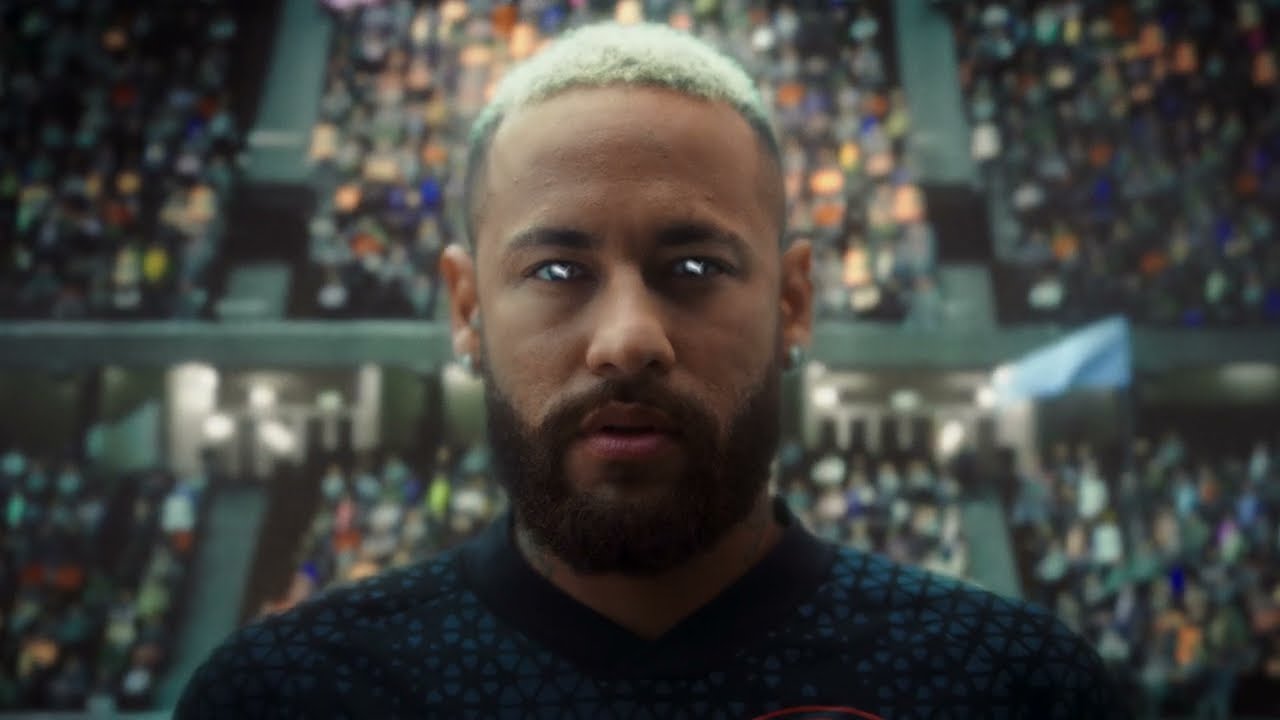

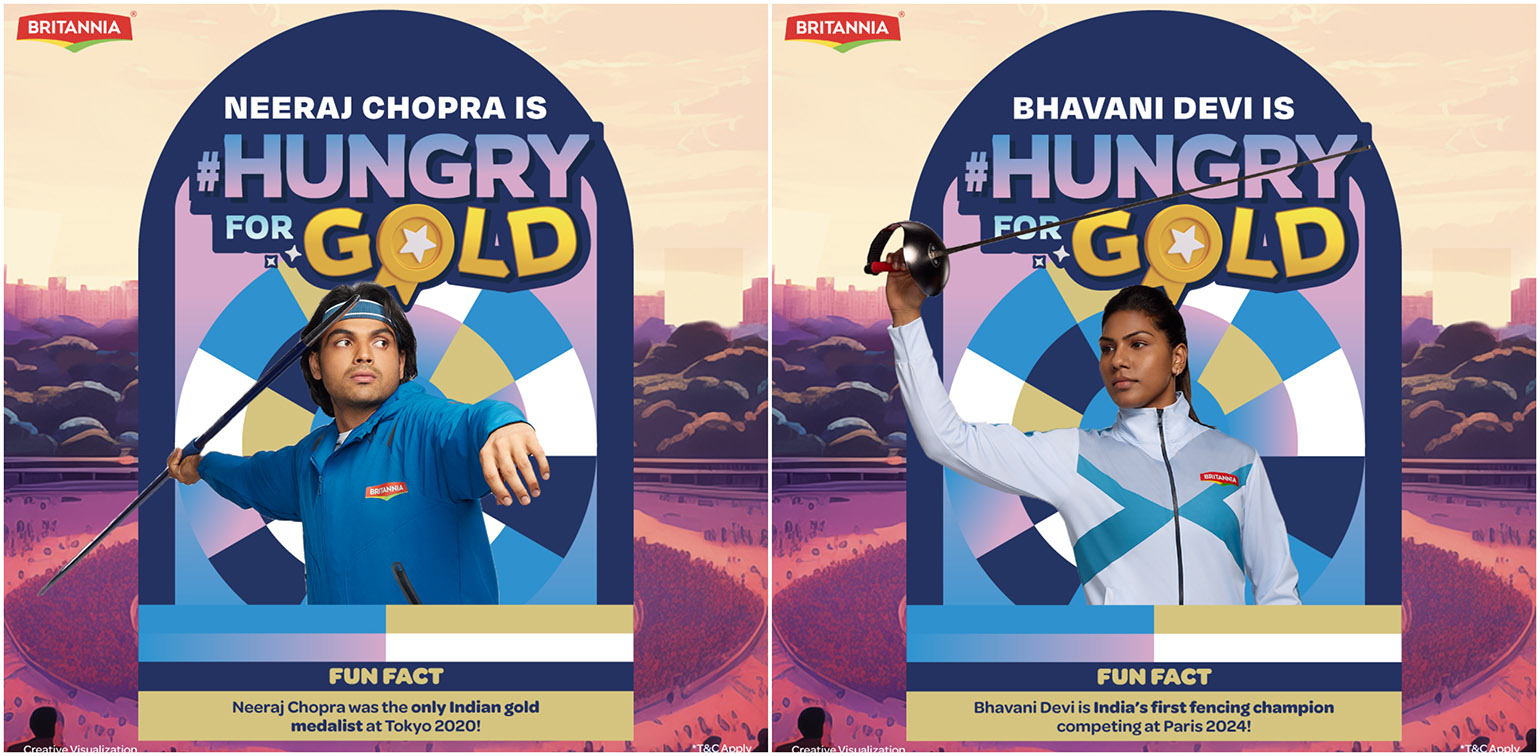
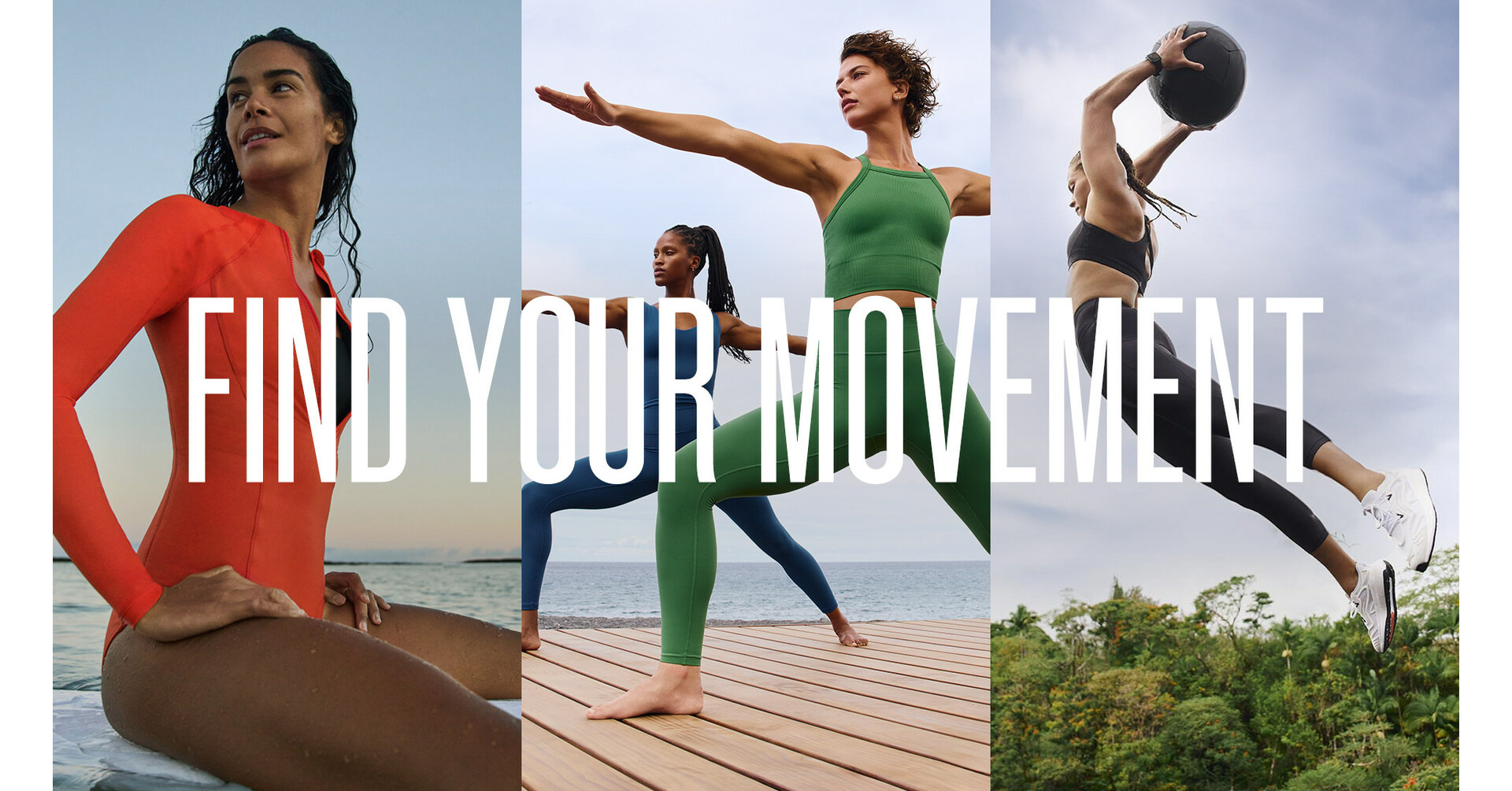
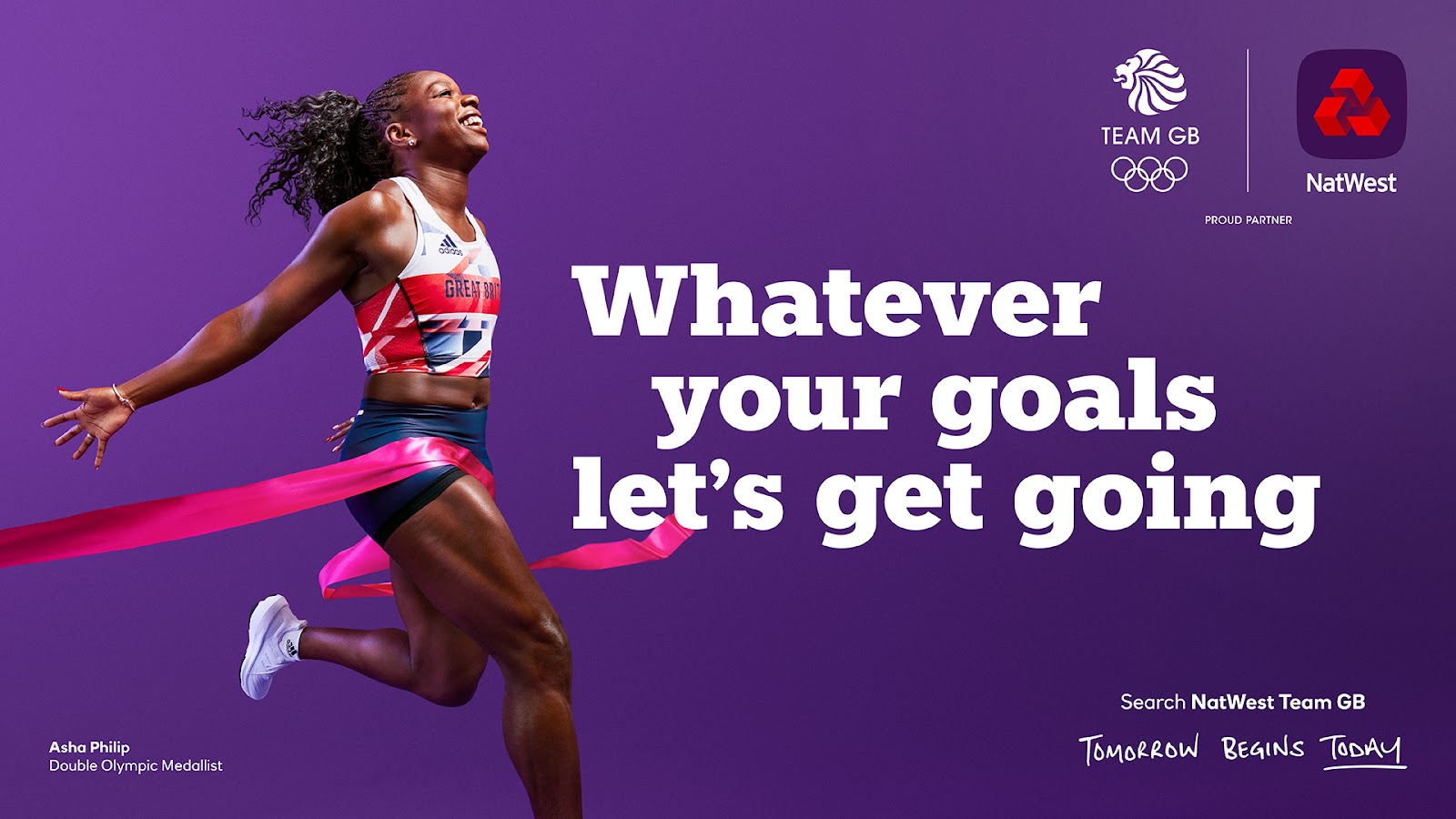
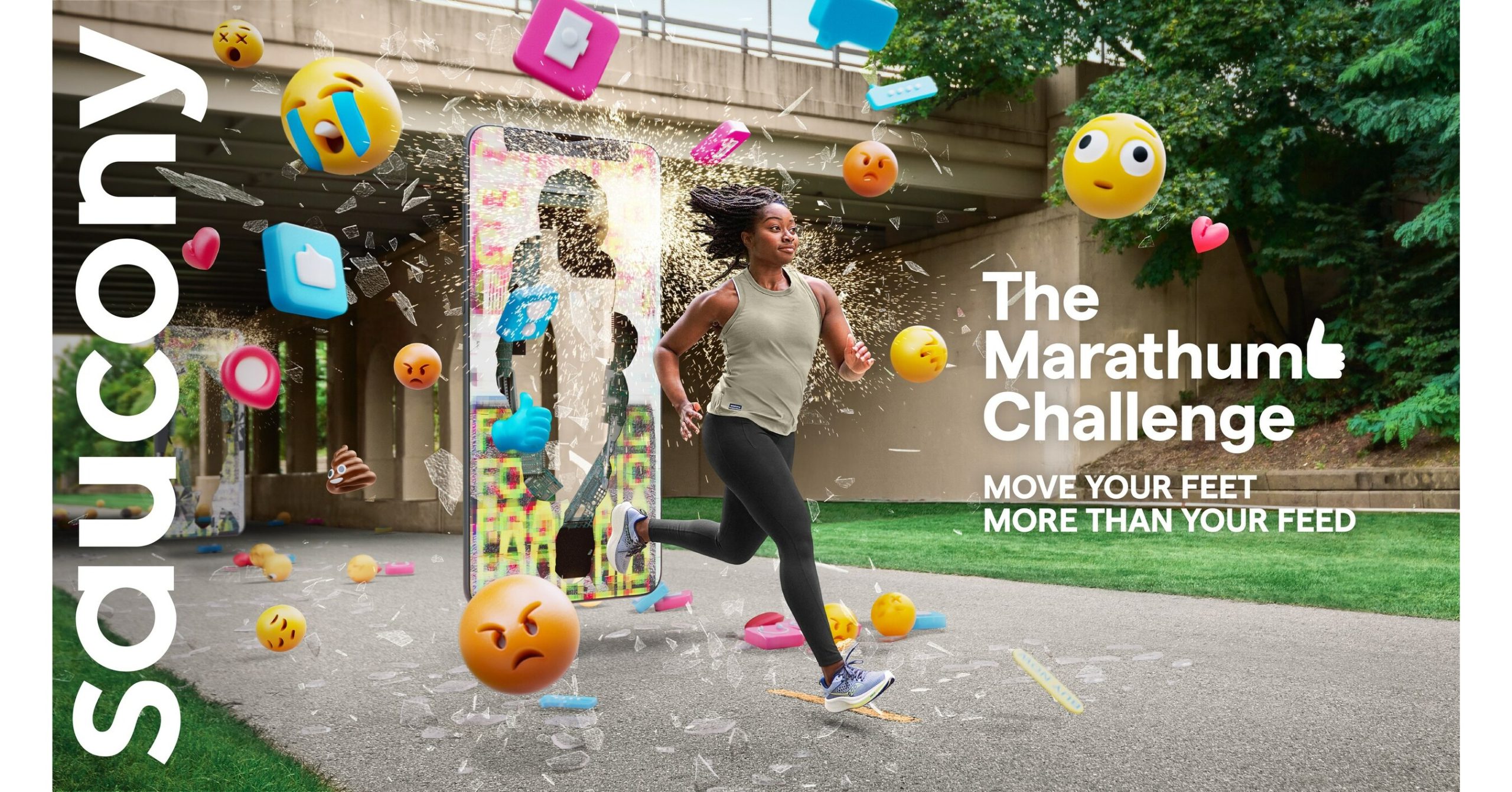










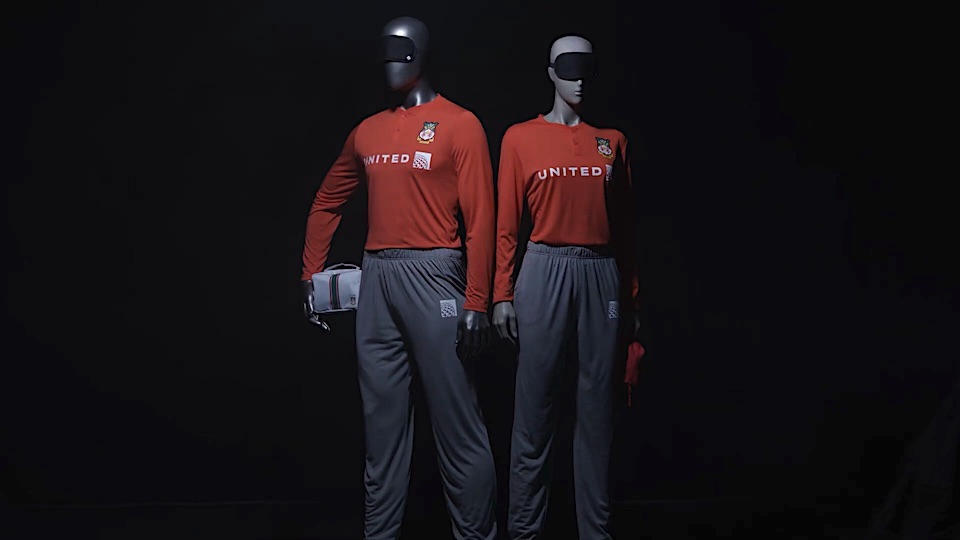

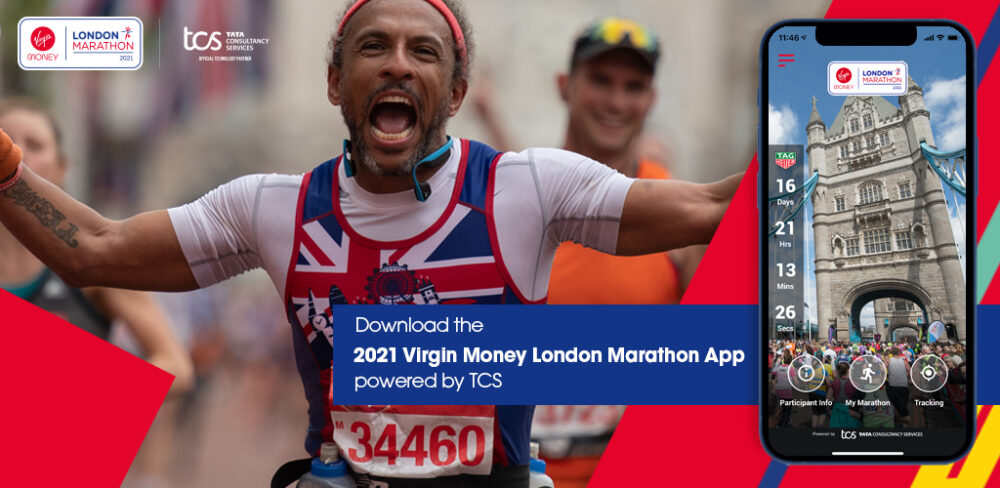
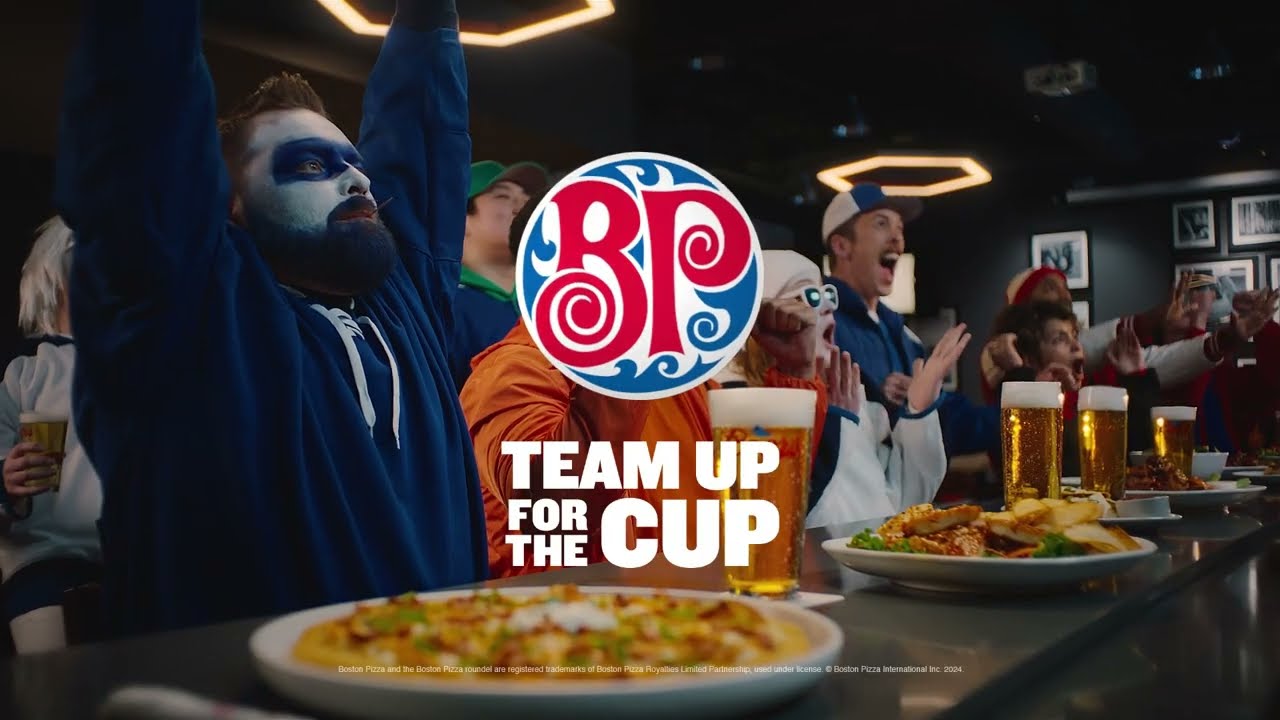
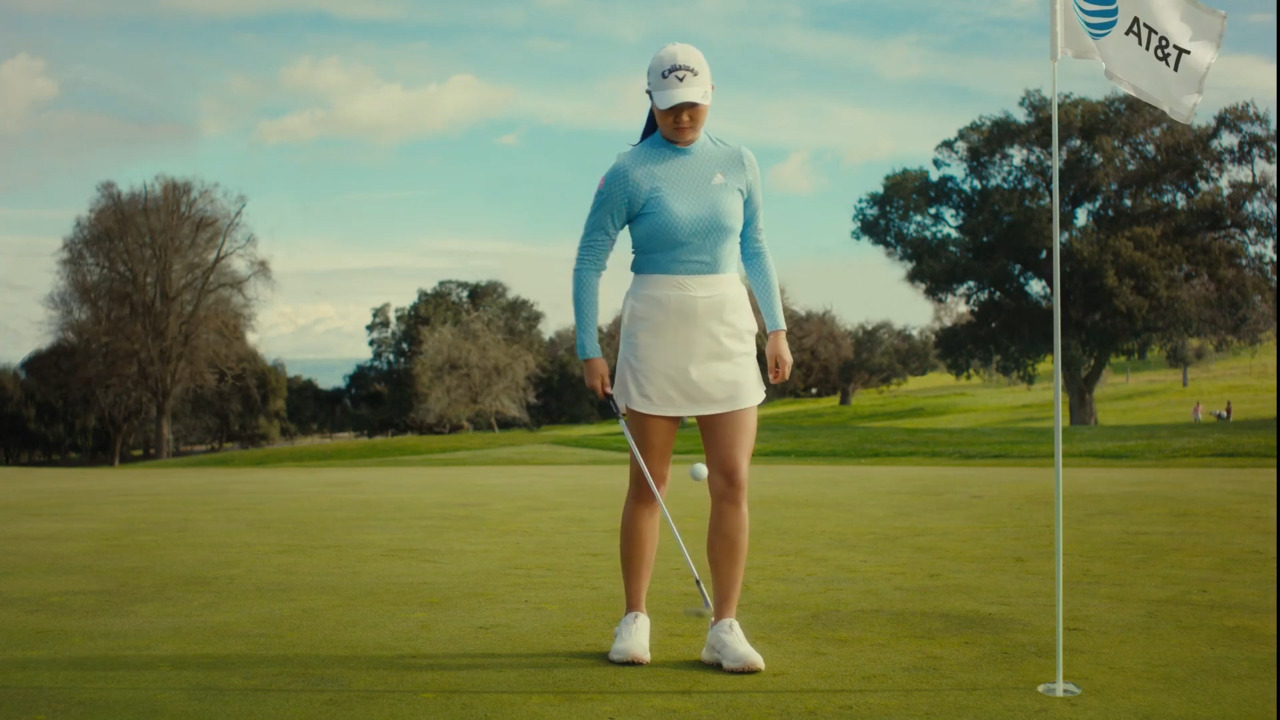
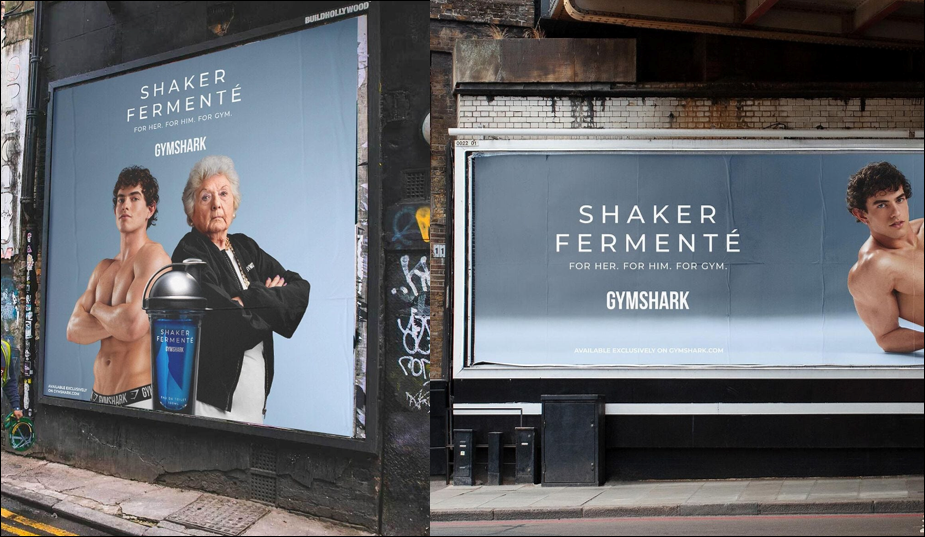
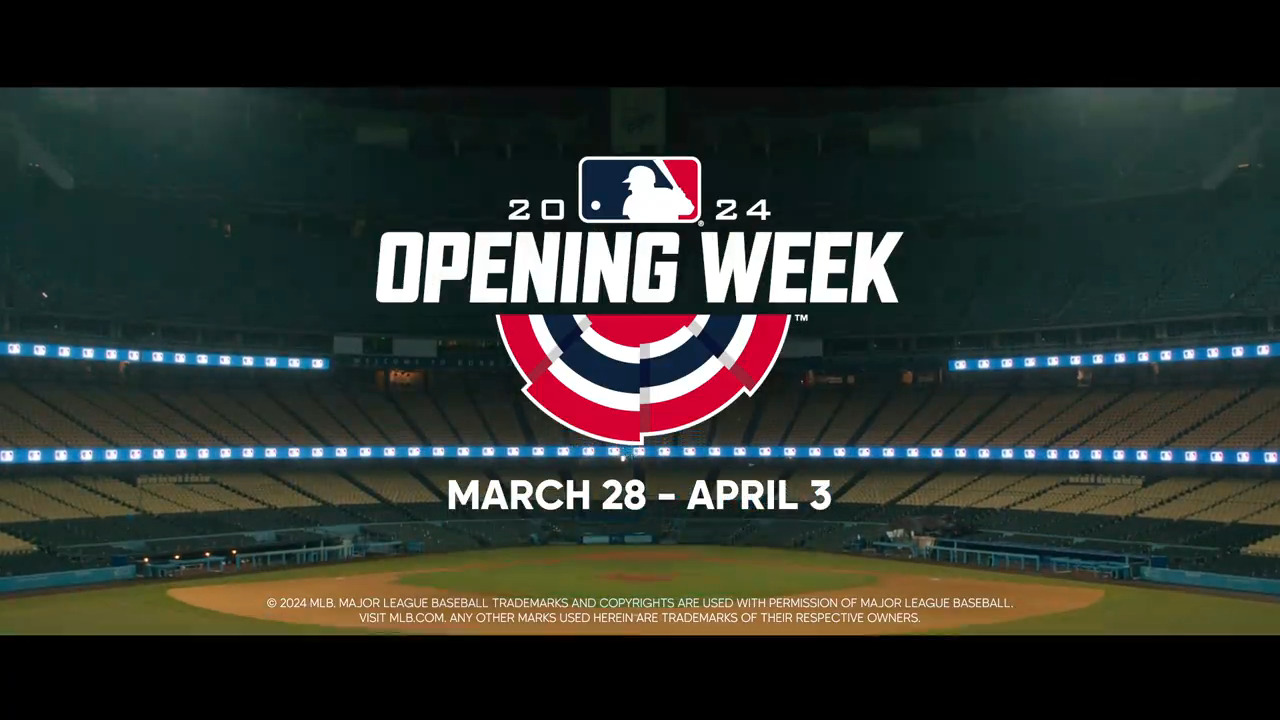
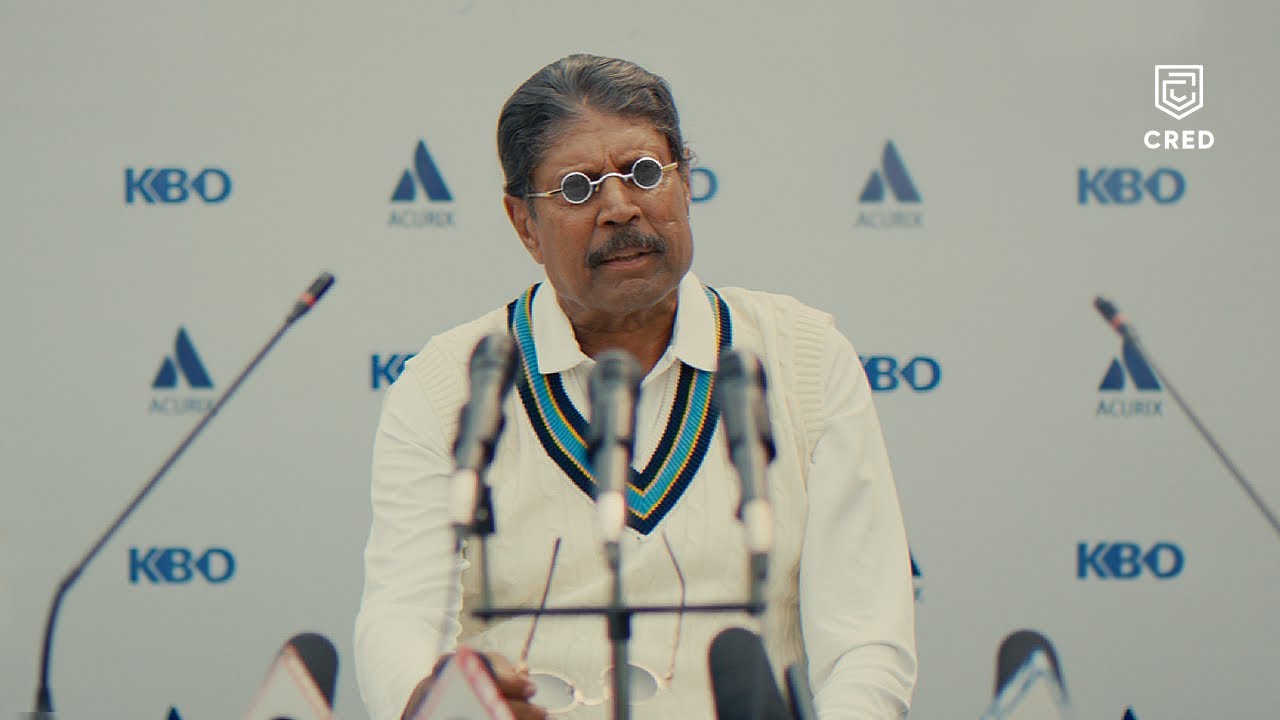
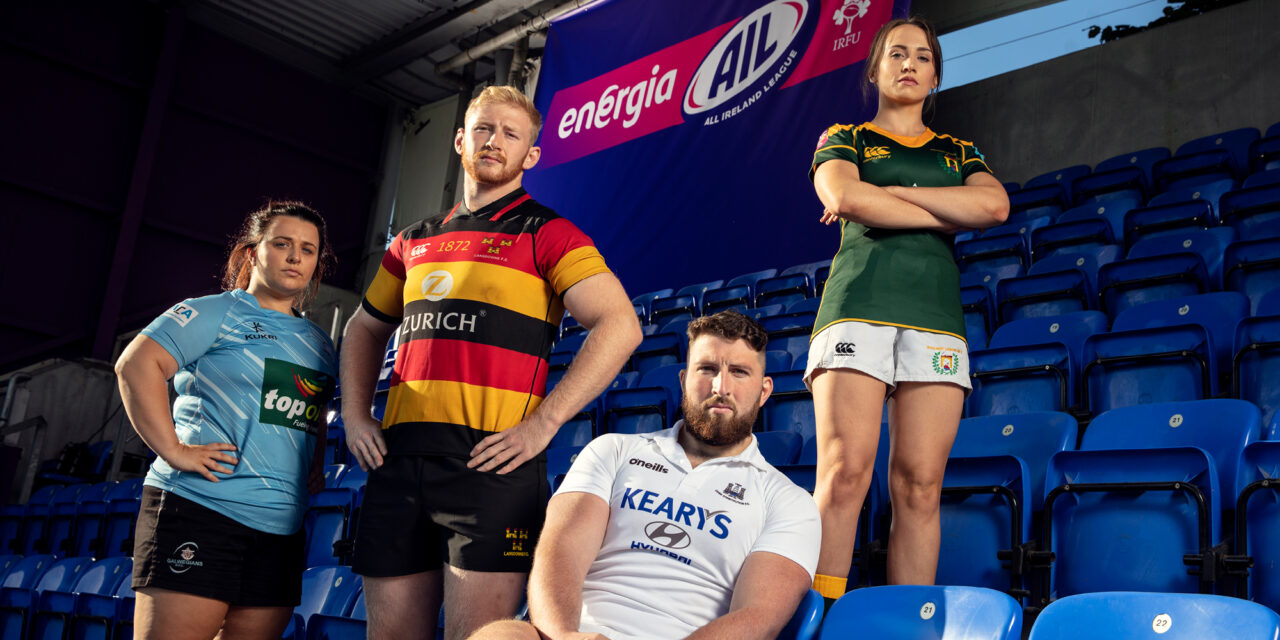

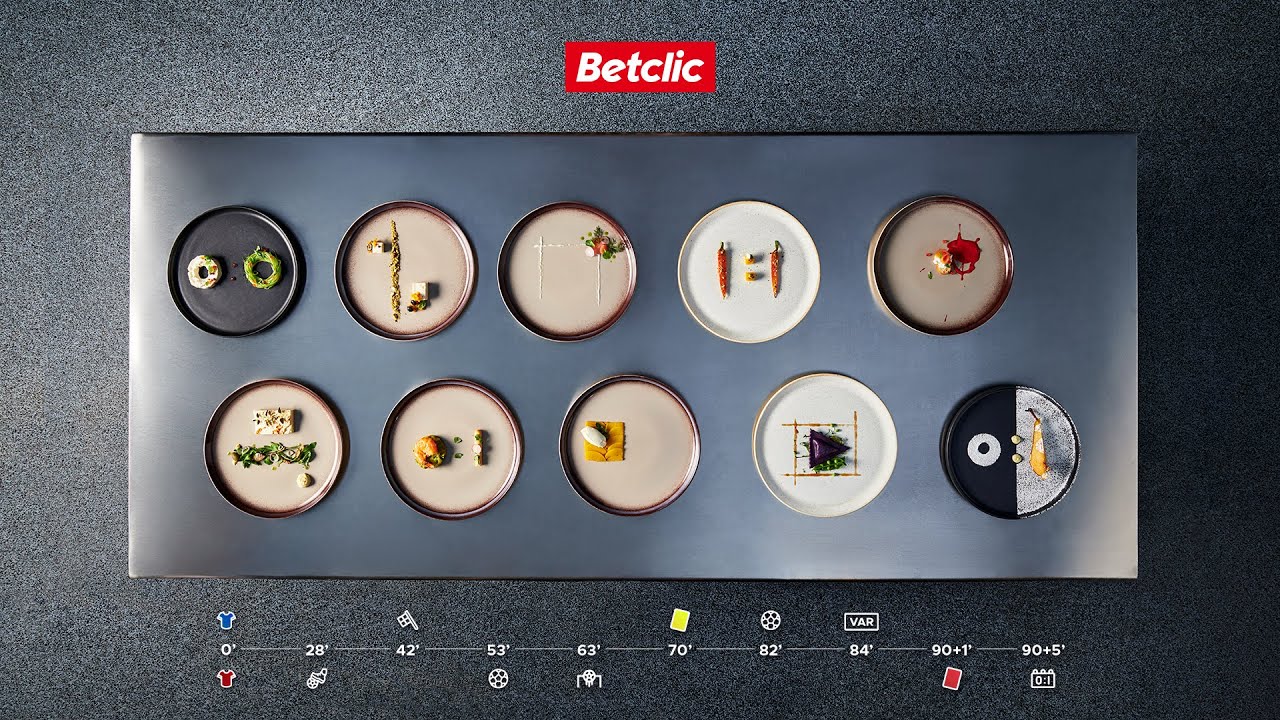

Leave a comment
You must be logged in to post a comment.